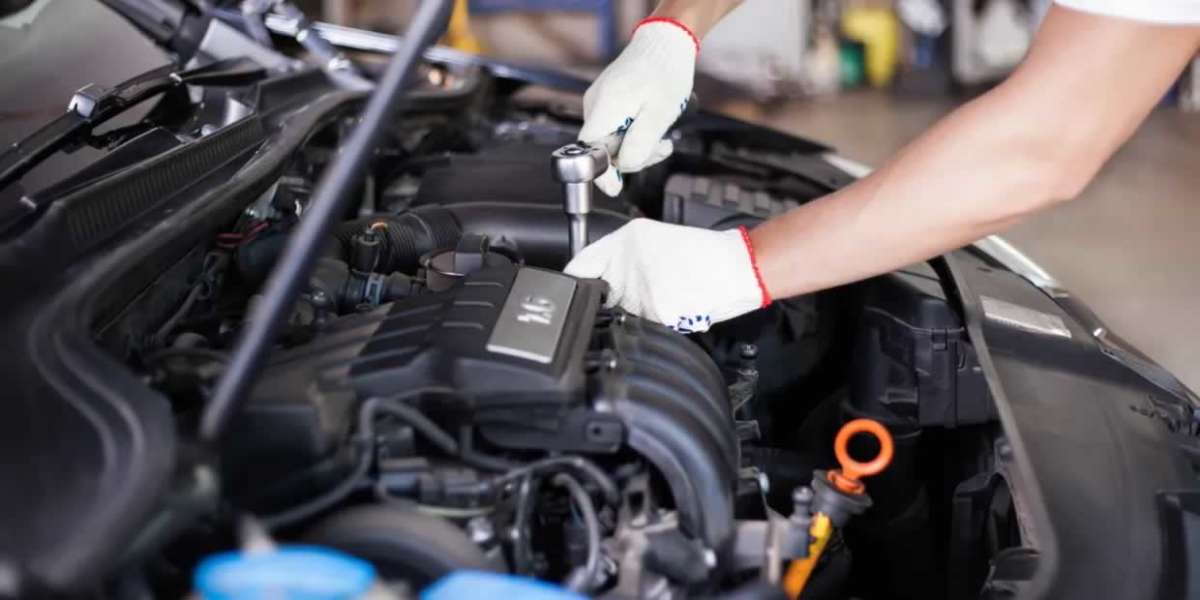Physical Address
304 North Cardinal St.
Dorchester Center, MA 02124
Physical Address
304 North Cardinal St.
Dorchester Center, MA 02124

Introduction
Your vehicle’s engine is more than just a mechanical component; it’s the heart that keeps your car running smoothly. Maximizing its lifespan requires diligent care and attention. In this guide, we’ll explore practical engine maintenance tips to ensure optimal performance and extend the overall longevity of your vehicle.
Regular Oil Changes
One of the simplest yet most effective ways to care for your engine is through regular oil changes. Clean and well-lubricated oil reduces friction among moving parts, preventing premature wear and tear. Make it a habit to follow the manufacturer’s recommendations for oil change intervals to keep your engine running smoothly.
Air Filter Replacement
Think of the air filter as your engine’s lungs. Regular replacement ensures a steady flow of clean air, maintaining the proper air-fuel mixture for combustion. Neglecting this simple component can lead to reduced fuel efficiency and even engine damage over time.
Adequate Cooling System Maintenance
Your engine’s worst enemy is overheating. Regularly check coolant levels and inspect the radiator and hoses for leaks. A well-maintained cooling system prevents your engine from reaching dangerous temperatures, safeguarding it from potential damage.
Timely Spark Plug Replacement
Spark plugs play a crucial role in the combustion process. Over time, they wear out, leading to misfires and decreased fuel efficiency. Scheduled replacement ensures a consistent spark, promoting efficient combustion and optimal engine performance.
Regular Inspection of Belts and Chains
Timing belts and chains synchronize your engine’s internal components. If these wear out or break, it can result in severe engine damage. Regular inspections and timely replacements, as per your vehicle’s maintenance schedule, are crucial for preventing potential issues.
Fuel System Cleaning
Deposits can accumulate in your fuel system, affecting fuel delivery and engine performance. Periodically use fuel system cleaners to remove these deposits, ensuring the efficient and consistent delivery of fuel to the engine.
Maintain Proper Engine Coolant
Coolant is not just for preventing overheating; it also protects the engine from corrosion. Regularly check and maintain the proper coolant level to ensure effective heat dissipation and prevent engine damage.
Professional Engine Inspections
While DIY maintenance is essential, professional inspections are equally crucial. Schedule regular check-ups with experienced mechanics who can identify early signs of engine problems, allowing for prompt intervention and preventing more extensive and costly repairs.
Drive Responsibly
Your driving habits significantly impact your engine’s lifespan. Avoid aggressive driving, sudden accelerations, and high-speed driving, as these can put unnecessary strain on the engine. Drive responsibly to promote smoother engine operation and longevity.
Store Your Vehicle Properly
If you have a vehicle that you don’t use regularly, proper storage is essential. Consider using a trickle charger for the battery and follow recommended storage procedures to prevent engine issues when you decide to use the vehicle again.
Benefits of Engine Longevity
Beyond the satisfaction of a well-maintained vehicle, there are tangible benefits to extending your engine’s lifespan. Reduced maintenance costs, lower environmental impact, and consistent performance are just a few of the advantages.
Challenges and Misconceptions
Despite the importance of engine maintenance, there are common challenges and misconceptions. Understanding and addressing these issues can contribute to more effective vehicle care and a longer-lasting engine.
Future Trends in Engine Maintenance
As technology continues to advance, so does the landscape of engine maintenance. Emerging trends, including predictive analytics, smart diagnostics, and improved materials, promise to revolutionize how we care for our vehicle engines in the future.
Conclusion
In conclusion, the key to maximizing your vehicle’s lifespan lies in proactive engine maintenance. By following these tips and incorporating them into your regular vehicle care routine, you’ll not only ensure optimal engine performance but also extend the overall longevity of your vehicle. A well-maintained engine is not just a mechanical asset; it’s a long-term investment in the reliability and efficiency of your car.
FAQs